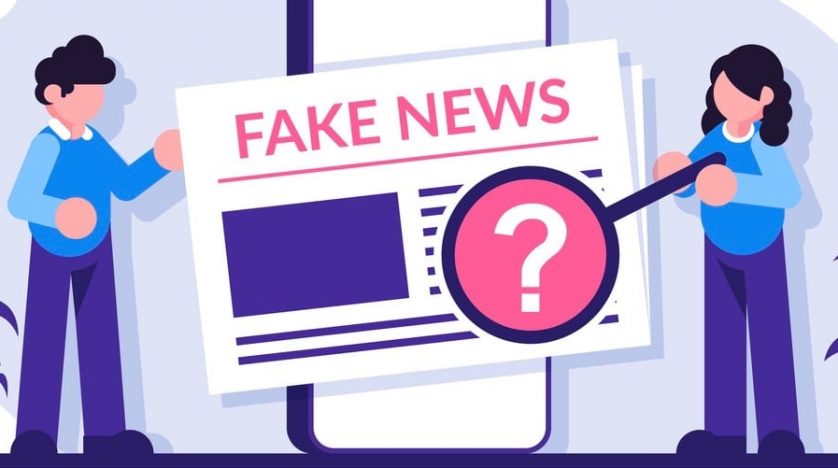
The pandemic has been going on for almost two years. While international organizations, governments, medical institutions, industries and civil societies are working closely to contain the virus and to protect the people, another battle is also going on and the situation could be more tricky and serious. That is, the fight against misinformation.
The unprecedented pandemic besieges people with uncertainty and anxiety, especially those who are less educated or in an underprivileged situation. A glut of information, mixed with both the truth and the rumors, takes the advantage to invade people’s news feeds. And unfortunately, the exaggerated, distorted or even fictional information circulates much faster than the others because it caters to many’s subconscious needs, and provides quick but irresponsible answers to questions that science cannot reply in a short term. The popularity of misinformation could undermine the efforts of controlling the pandemic, destroy the solidarity of human beings, and become a severe communication crisis.
Actions are needed to contain the misinformation, and the United Nations has already spearheaded it. The Global Communication Department of the Organization, partnered with Purpose, First Draft, IKEA Foundation and Luminate, has launched an initiative called “Verified” to deliver trusted information, life-saving advice and stories from the best of humanity. “Verified” also invites the public to help counter the spread of COVID-19 misinformation by sharing fact-based advice with their communities, promotes recovery packages that tackle the climate crisis, and addresses the root causes of poverty, inequality and hunger. Anyone who is targeted by misinformation will benefit from the initiative.
On the other hand, the public can protect themselves from misinformation with some simple best practice when receiving information as well. First, checking the author, source, and supporting sources of an article is very important, as the information is only valuable and trustworthy when it comes from experts with reliable and authoritative sources and supporting sources. Second, it’s necessary to ask some questions of logic when reviewing an article, such as “Is this a joke since the opinion is too outlandish?” “Do I have a bias on this topic that may affect my judgement?” or even “Is this an outdated news so that the content is no longer relevant to the current situation?” Last but not least, asking an expert is a useful way to detect misinformation too, such as consulting with a professional in the industry of the information, visiting a library to find authoritative references, or going to the “Verified” website to find relevant reports and stories.
Fighting against misinformation requires collaborations among stakeholders in both public and private sectors, especially those in the news and media industry. We must win this war if we want to eventually defeat the pandemic itself, as the solidarity is the key to prevail and the universal access to correct information is the foundation of solidarity.
This is a very good article!
The issue of misinformation is so important and yet largely overlooked. Interesting read.